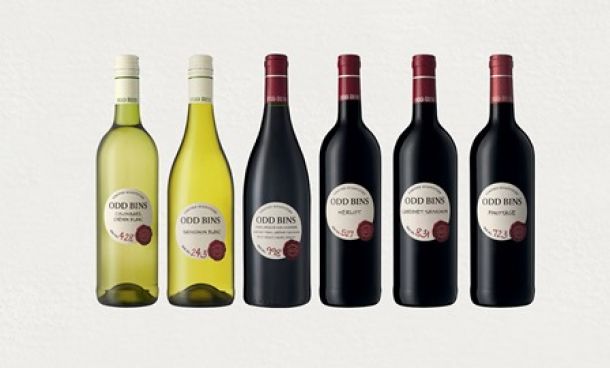How illicit trade contributes to alcohol abuse in SA
There is no denying that alcohol abuse affects society. The South African Liquor Brand Owners Association, which represents alcohol suppliers, is intensely aware of this and the necessity to act.
In the same way that motor vehicles are harmless or harmful depending on how they are used, we recognise that our products have the potential to cause harm to society if abused.
It wouldn’t be in the interests of the liquor industry for abuse to continue unchecked or for the industry to be stifled in its work to check that abuse.
That is why we are driving efforts to team up with the government and other interested parties to develop a national plan to tackle the harm associated with alcohol abuse. Our immediate focus is on the efficacy of the proposed Liquor Amendment Bill.
Investment in harm reduction programmes is minimal. The National Liquor Authority has an annual budget of about R5m for education and awareness and at provincial level, budgets are even smaller.
The Association for Responsible Alcohol Use has an annual harm-reduction budget of about R6m, while budgets and programmes by firms in the liquor sector are generally modest.
By contrast, the alcohol industry, through the Association for Responsible Alcohol Use, has committed to an annual amount of R150m to help implement the national strategic plan on harm reduction.
That provides a significant war chest with which we can set measurable and tangible targets. It will enable us to monitor and report on our progress towards these targets and to replicate our successes to maximise the effect.
The Department of Trade and Industry’s proposed amendments to legislation were drawn up with the best intentions of creating a healthier society, but some of the amendments would have unintended consequences, especially for township entrepreneurs. These consequences are easily avoided with a few adjustments without detracting from the policy objective of the new legislation.
For example, the industry welcomes the bill calling for the strengthening of provisions that deal with the illegal manufacturing and trading in liquor.
Any effort to rein in alcohol abuse will have limited benefits if it fails to recognise the role of illicit and illegal alcohol. Internationally, there is a lack of reliable research on this and we believe there is an urgent need to quantify the illicit trade in SA.
The South African Liquor Brand Owners Association can help. The industry could use its extensive market research skills to better understand illicit trade and the role illicit products play in contributing to harm. Our research could also identify in which areas the problem is most prevalent to allow stakeholders to strategically invest their efforts there.
We have proposed a methodology for illicit trade quantification and pledged to partner with the government to better understand this market.
The requirements for licensing a liquor outlet – particularly in informal settlements – should be tailored for the business conditions of the informal economy, and enforcement must be stepped up.
Interdepartmental co-operation is required to decrease the problem of illicit trade between licensing agencies, law enforcement and import control.
Another proposal that concerns us is lifting the legal drinking age to 21: this raises the possibility of a constitutional challenge as it removes young people’s rights to work in pubs, bars, restaurants and retail outlets.
This would deprive many of a job when work experience may be lacking and may lead young adults to at-home consumption, drinking at residences and other areas outside the public domain where there is less control.
Self-regulation and government oversight aren’t mutually exclusive. We are strategically well placed and have sufficient understanding of our industry to coordinate a meaningful, measured and well-considered response to the bill.
The association aims to be an engaged and proactive partner, to grow SA’s economy and drive our vision to transform our sector.
We will work with the government to find a regulatory model that deals effectively with the challenges of the unlicensed retail sector, especially in townships. We will also work with the government and its enforcement agencies to eradicate the scourge of illicit trade in alcohol, and by extension, to grow SA’s fiscal base and ensure the highest regulatory standards.
• Moore is CEO of the South African Liquor Brand Owners Association
News Category
- International retailers
- On the move
- Awards and achievements
- Legislation
- Wine and liquor
- Africa
- Going green
- Supplier news
- Research tools
- Retailer trading results
- Supply chain
- Innovation and technology
- Economic factors
- Crime and security
- Store Openings
- Marketing and Promotions
- Social Responsibility
- Brand Press Office
Related Articles

Makro secures exclusive rights to SA’s most sou...

Checkers adds 41 new wines to Odd Bins range

With petrol at almost R20 a litre, food prices ...

Petrol price shocker for South Africa


